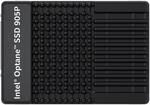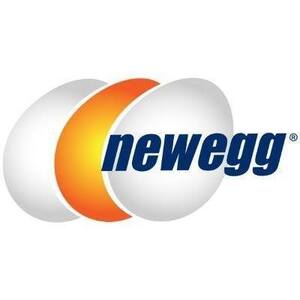It's on fire sale, 7 hours left. Comes with U.2 to M.2 adapter cable.
The best price I have ever seen.
It may be the last few of Optane 905P on Newegg. Probably it will be gone for good when these stocks are depleted, since Intel has terminated Optane last year.




what am i missing here?